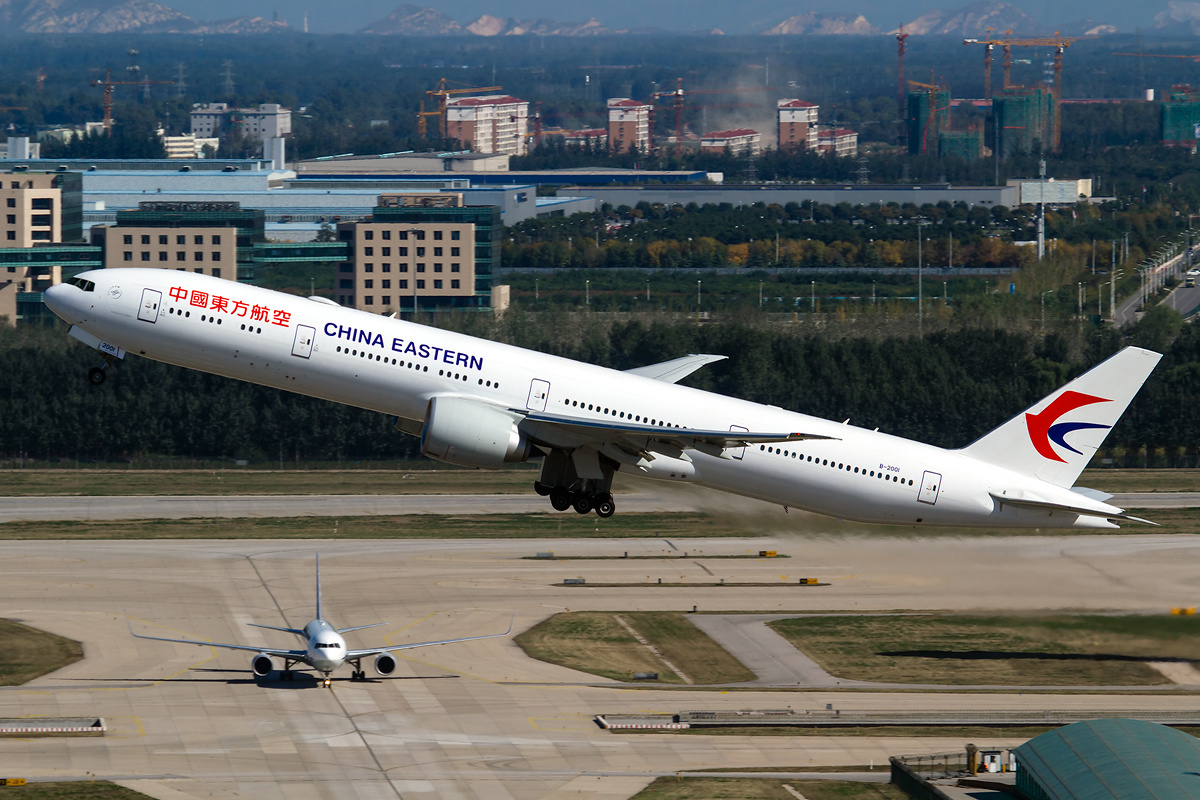Skift Take
As Chinese airlines brace for another year in the red following the country's zero-Covid policy, the government will be doling out cash support to carriers for two months. However, airlines will have to be eligible for the subsidy.
China’s finance ministry said on Thursday that it would offer subsidies to Chinese airlines from May 21 to July 20 to help carriers weather the coronavirus-induced downturn and higher oil prices.
Cash support will only be provided when average daily numbers of domestic flights per week are lower or equal to 4,500 flights and when the average load factors are lower than 75 percent, the ministry said on its website.
The maximum grant would be $3,574 per hour to the loss-making flights, the ministry added.
Analysts expect another year in the red for Chinese airlines in 2022, on top of heavy losses for the past two years, as Beijing sticks with its zero-Covid policy to stop the spread of the virus.
Domestic air traffic has plunged because of lockdowns in Shanghai and surrounding cities. Shanghai-based China Eastern said passenger numbers collapsed 90.7 percent in April year on year, while Shanghai International Airport saw passenger numbers down 98.9 percent in the same period.
Last year, China’s aviation industry reported a net loss of $12.5 billion last year, compared with a $15 billion in the red for 2020.
Airlines alone suffered a combined loss of $10 billion in 2021.
(Reporting by Stella Qiu and Ryan Woo; Editing by Jacqueline Wong and Gerry Doyle)
This article was from Reuters and was legally licensed through the Industry Dive Content Marketplace. Please direct all licensing questions to [email protected].
The Daily Newsletter
Our daily coverage of the global travel industry. Written by editors and analysts from across Skift’s brands.
Have a confidential tip for Skift? Get in touch
Tags: air traffic, asia, aviation, china airlines, china outbound, coronavirus, coronavirus recovery, shanghai, zero covid policy
Photo credit: A China Eastern aircraft at Beijing airport. Triple Tree / Wikimedia Commons
